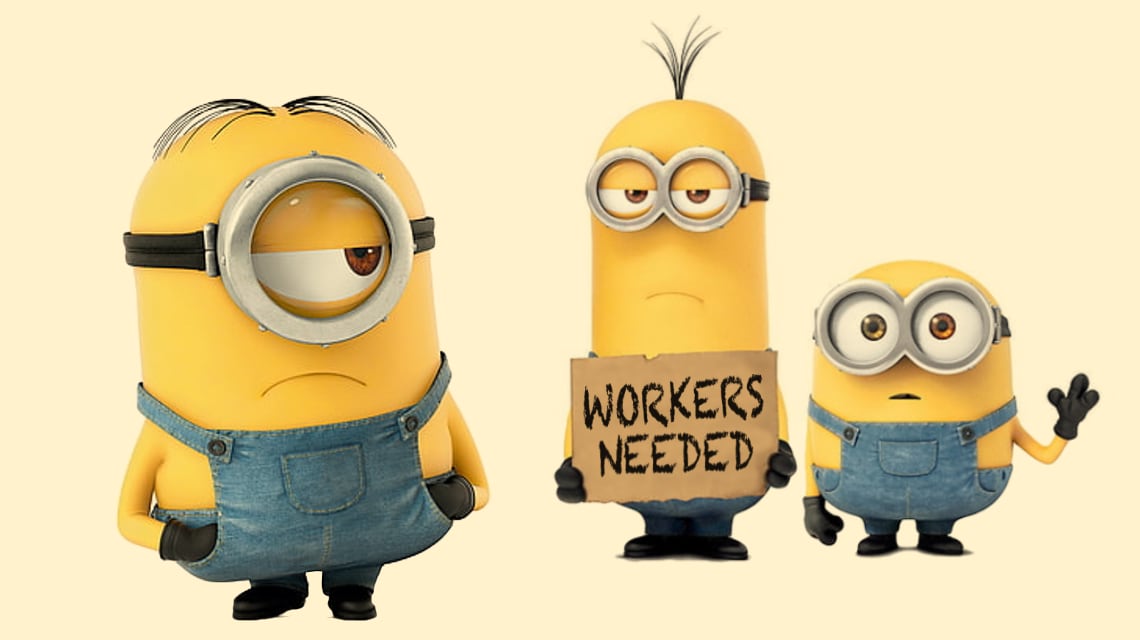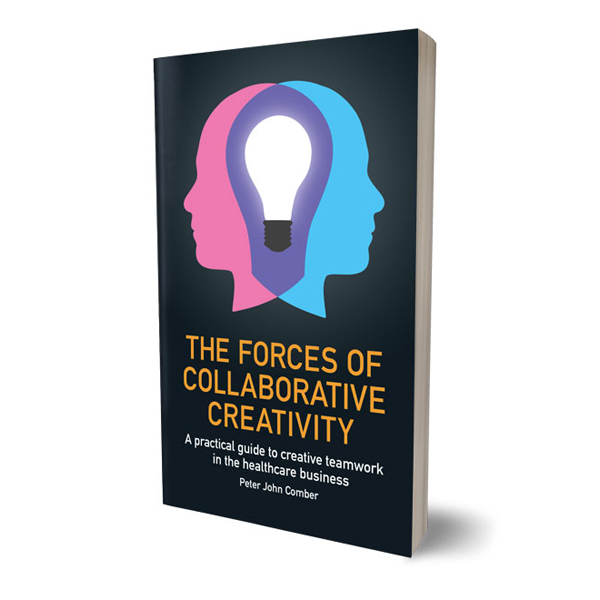Lies, lies, lies.
The validity of the output of focus groups and individual interviews is undermined by the fact that people lie. We all lie, to others and to ourselves, except when we are creative.
Customer centric marketing, driven by customer insights, relies on research to comprehend customer needs and issues. If the insights are based on lies or half-truths the efficacy of the marketing is clearly diminished. So the quality of the insights is paramount.
In the pharmaceutical sector most qualitative market research is conducted through focus groups or individual interviews. These are valuable tools but they have known limitations. Seth Stephens-Davidowitz talking about his recent book “Everybody Lies” says that; “The more impersonal the conditions, the more honest people will be. For eliciting truthful answers, internet surveys are better than phone surveys, which are better than in-person surveys.” He went on to say; “However, on sensitive topics, every survey method will elicit substantial misreporting. People have no incentive to tell surveys the truth.”
Experience tells me that when interviewing healthcare professionals the search for truth is further complicated by the professional role the subject assumes in these situations. When a clinician is paid to provide a professional opinion (and furthermore they are told that their answers will be recorded) it is inevitable that the responses they give are not intimately and spontaneously personal. They rightly feel a responsibility to represent their professional category and consequently an obligation to supply information that corresponds to common practice, guidelines and the accepted normal attitudes and actions of the medical profession. Whether this is done consciously or subconsciously is irrelevant, the result is the same: insights that don’t fully correspond to reality regarding beliefs, behaviour and decision making.
There are many ways to deceive but the easiest way for people to lie is with words, this makes conversation, which is the heart of focus groups and interviews, particularly vulnerable to untruths. Conversely, I have seen the judicious use of carefully crafted creative exercises cut through deception and uncover more authentic information. Sometimes the results are very surprising, even for the subjects of the exercise if their creativity uncovers a belief they didn’t consciously know they had.
Once these hidden truths have emerged they can be further investigated with conversation and other creative exercises. The importance of these discoveries, of course, varies but having a less than superficial understanding of a customer’s beliefs and motivators will always improve a marketers ability to comunicate with them.
Apart from my observations based on experience, the experiments of Dan Ariely (described in his books; Predictably Irrational, The (Honest) Truth About Dishonesty, Payoff) provide ample proof that logic is not able to predict human behaviour and that rational argument isn’t sufficient to influence behaviour. Yet most pharmaceutical marketing is born from strict logic and executed with rational arguments. The subject of our work may be science based but when it comes to divulging that science we must engage through the humanities - at least until all healthcare providers are replaced by robots.





